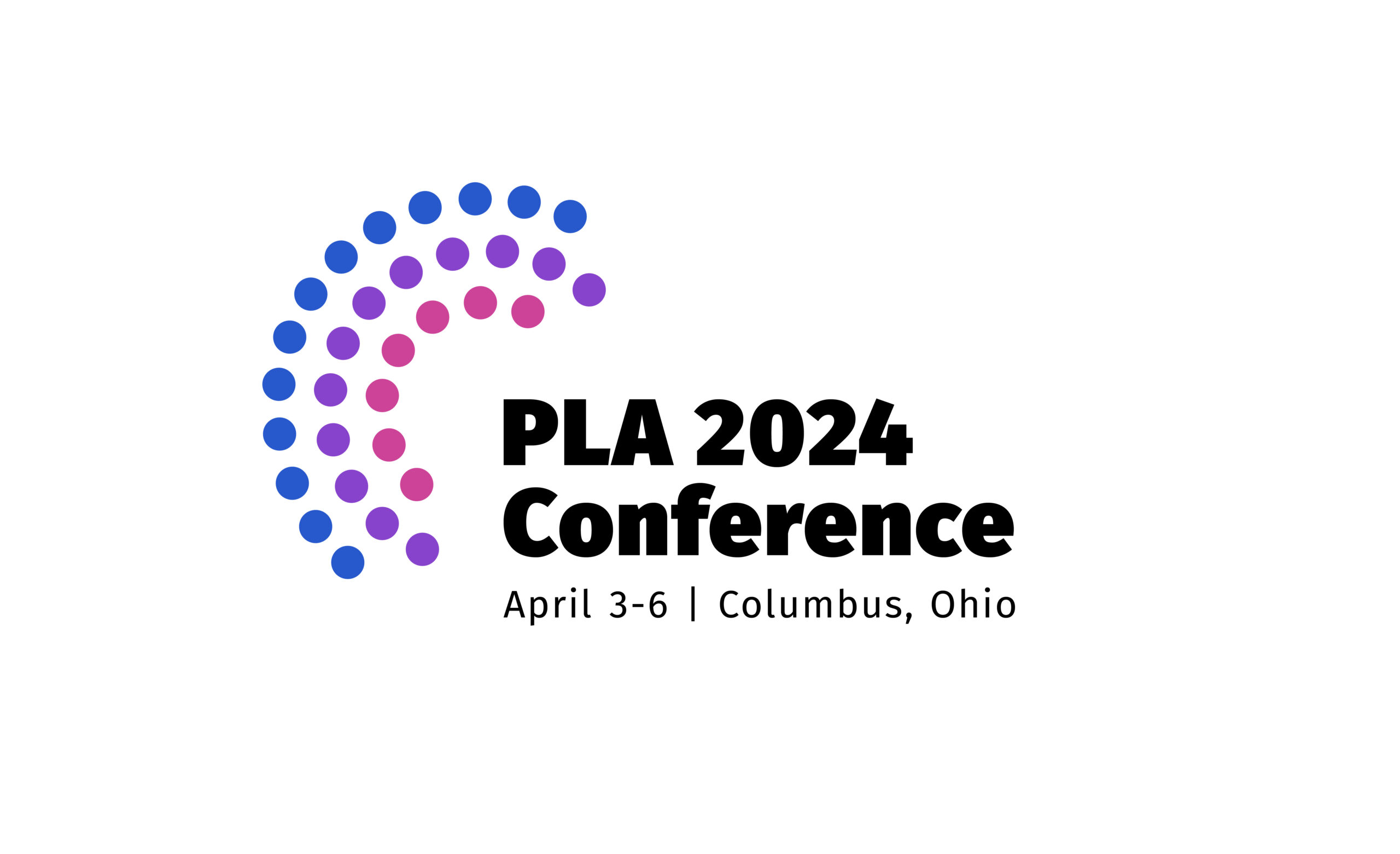Cultivating Trans Safety through Cis Literacy

Of the many marvelous sessions offered during the PLA 2024 Conference, one rises above the rest. Heath Umbreit, MLIS, provided a presentation entitled: “Debunking Misinformation about Trans Identities and People.”
What made this the most meaningful moment for me is that the urgency inflecting the content matched the urgency inflecting the country. Trans folks across Turtle Island, indeed across the globe, are facing a blistering backlash against modest gains in visibility and support. Librarians, as professionals committed to universal access to public resources, must resist the rising tide of anti-trans violence.
For as Umbreit pointed out—with erudite precision—those at the forefront of this anti-trans crusade are engaging in discursive violence, which of late has resulted in alarmingly successful legislative violence.
But whither goes librarianship? How do these anti-trans terrorisms interpolate our profession, and what choices confront us as a result?
Umbreit rightly centered problematic situations rather than potential solutions. This descriptive approach helped bring beginners up to speed, and their particular focus on framing implied an obvious avenue for action: if the hate groups can frame trans issues inaccurately, libraries can help to reframe them in ways that are not only accurate, but affirming, of our trans neighbors.
Another nugget of wisdom has been rattling around my noggin since Umbreit spoke: the concept of unintentional algorithmic amplification. Stated simply: when “good actors” comment on a post that contains misinformation, it often does more harm than good. While the intent might be to offer a necessary corrective, what actually happens is a further spreading of the original and awful message. The solution? Umbreit suggests we make our own post that exclusively contains reliable information. Responses to a poster of misinformation should be done in private—in someone’s DMs, or, if safe, in a face to face setting.
Thus, while Umbreit tailored their talk to the topic of trans folks, their insights have universal applications.
All the more so given Umbreit’s insistence that the situation trans folks currently face constitutes a crisis, one that should serve as a clarion call for all people of conscience.
So what do librarians do?
First, people who are seeking to eliminate a sub-category of humanity should have no safe harbor in librarianship. This isn’t to say we should shun people who possess different perspectives on or limited understandings of these issues. Just the opposite. Umbreit encourages us to meet people where they are, and to plant trans-affirming seeds in the mental gardens of those in the moveable middle. They reinforced my view that cultivating trans safety involves cultivating cis literacy.
Fortunately, literacy is at the core of what we do as librarians—a profession that, after attending PLA, I am prouder than ever to call my vocational home.
Tags: PLA 2024 conference, pla 2024 scholarship, pla conference, pla2024









